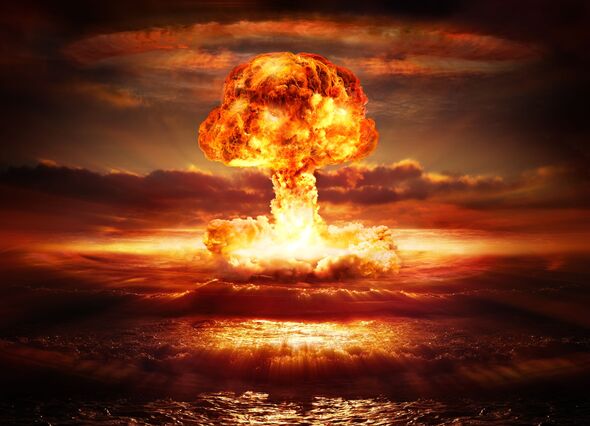Bill Gates, the billionaire philanthropist and co-founder of Microsoft, has shifted his perspective on the existential threats facing humanity. In a recent open letter released ahead of the UN COP30 climate summit in Brazil, Gates asserts that climate change is not the primary danger confronting the world. This statement marks a significant change for Gates, who has dedicated much of his wealth—estimated at $122 billion—to combating climate change and improving global health.
Gates acknowledges that climate change will disproportionately affect vulnerable populations, stating that it will “hurt poor people more than anyone else.” Nonetheless, he argues that the prevailing “doomsday outlook” regarding climate change is misguided. In his letter, he emphasizes that “people will be able to live and thrive in most places on Earth for the foreseeable future.” His focus now appears to be shifting toward addressing global health issues, particularly the need for increased investment in vaccines to combat diseases like malaria.
Shifting Focus to Health and Nuclear Threats
While Gates identifies climate change as a significant issue, he believes it should be tackled alongside other pressing challenges, such as malaria and malnutrition. “To be clear: Climate change is a very important problem. It needs to be solved, along with other problems,” he wrote, highlighting the interconnected nature of these issues. He notes that even minor improvements in climate stabilization can have substantial benefits for improving human lives.
In parallel with Gates’ remarks, experts are increasingly vocal about the threats posed by nuclear weapons and the potential for global conflicts. As technology advances, concerns about artificial intelligence and bioweapons are also on the rise. Dr. Rhys Crilley, an expert on international relations at the University of Glasgow, points out that the risk of nuclear conflict could lead to the rapid end of civilization. He explains that while climate change is a gradual crisis, the devastation from nuclear war could occur within hours.
Dr. Crilley emphasizes the urgency of addressing nuclear weapons, stating, “The key difference is time: climate change unfolds over decades; nuclear war could end civilization in the space of a few hours.” He warns that the possibility of nuclear conflict is not a theoretical concern, as tensions between nuclear powers continue to escalate.
The Catastrophic Impacts of Nuclear War
Research into the catastrophic consequences of nuclear conflict reveals alarming scenarios. The detonation of atomic bombs would generate massive fires, releasing ash and dust into the atmosphere, potentially blocking sunlight for years. This phenomenon could lead to a “nuclear winter,” drastically cooling global temperatures and creating what scientists refer to as a “nuclear little ice age.”
Studies indicate that this significant drop in temperature could result in a decline of up to 18°F for nearly a decade, devastating agricultural production worldwide. Such conditions would not only threaten food security but also heighten the risk of famine and societal collapse.
As global leaders prepare for the discussions at COP30, Gates’ call for a broader focus on health and the urgent risks of nuclear conflict presents a provocative shift in the narrative surrounding humanity’s most pressing threats. It underscores the complexity of the challenges facing the world, emphasizing the need for a multi-faceted approach to ensure the well-being of future generations.
